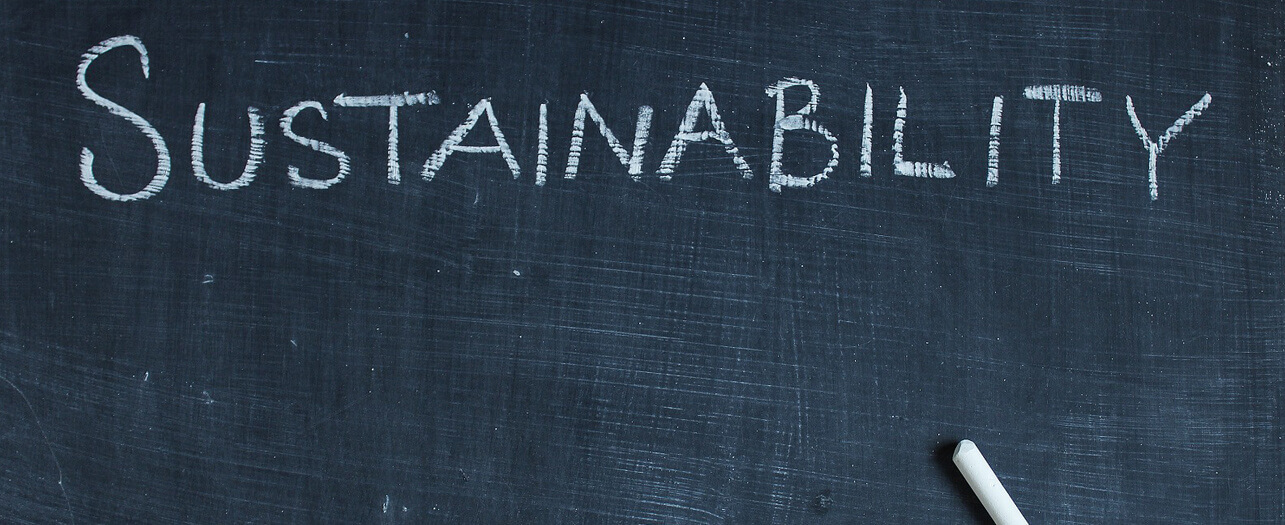Waste management in the UAE is making strides towards reducing the amount of waste generated in the country. The United Nations Environment Program estimates that global waste generation will increase by 75% by 2050.
With such a growing problem on their hands, many countries in the Middle East have had to make environmental sustainability a priority for future development plans. However, with limited resources available to tackle such an enormous task, how can these countries effectively reduce their environmental impact?
How to Manage Waste Management
One way to help manage this issue is through education programs that encourage residents to change their habits and dispose of trash responsibly-such as recycling programs at schools or public restrooms with bins specifically designed for used toilet paper (and not using plastic bags at supermarkets).
Another solution is through introducing innovative technologies like AI-enabled bins that can sort distinct types of waste automatically based on their molecular structure (such as separating plastic or metal cans from paper bottles), which makes sorting easier, so people don't have to deal with this problem themselves!
Waste is a mounting problem for the UAE
As the UAE's population grows, so does its waste. The UAE's waste generation has been steadily growing over time and this trend will continue if economic development continues to occur at its current pace. However, if nothing changes, the UAE's existing waste disposal infrastructure may be unable to keep up with this growth.
The current infrastructure cannot cope with more than a few million tonnes of solid waste every year; however, by 2025 this estimate could rise to 7-10 million tonnes per annum! Additionally, there is a lack of innovative recycling facilities in place, apart from the upcoming Dubai Waste Management Centre (aiming to convert waste to energy) and most of the country's landfills are nearing their capability or have already reached full capacity which means that landfill-bound waste may eventually be transported out of the country for disposal elsewhere.
Innovative Technologies Are Essential To Solving UAE's Waste Disposal Problems
Waste Disposal in Dubai has taken important steps to improve its waste management efforts, it is true that technology-enabled solutions may very well be ground-breaking to solving UAE's waste disposal problems. Innovative technologies such as AI, IoT, and Blockchain may be able to bridge gaps in the country's infrastructure.
For example, AI can be used to detect pollution levels in groundwater faster than humans can and reduce the amount of time people spend waiting at hospitals or airports by scheduling appointments automatically online. This frees up staff members' schedules so they can focus on other tasks such as helping patients cope with their illnesses or providing advice about healthy eating habits-two things that can help indirectly reduce the amount of littering in cities like Abu Dhabi and Dubai.
POWER Bear by German Distribution, in Dubai, has been working closely with government entities and waste management companies to help tackle existing waste management challenges. The company's innovative products for effective waste management and recycling are helping many institutions in the UAE achieve their goals of becoming sustainable, environmentally friendly operations.
POWER Bear has introduced innovative technologies that help support Dubai's Environmental Planning, Vision 2030, and other efforts towards reducing carbon emissions. The green distribution program focuses on using natural resources more efficiently by stimulating innovation for smarter solutions for sustainability initiatives. Its goal is to create an economically practical ecosystem in which all stakeholders can thrive - from producers to customers - while reducing pollution at source.

ORCA Aerobic Food Digester
A self-contained system, the ORCA Aerobic Food Digester is a bacterial ecosystem that can be installed in any environment that produces massive quantities of edible food waste. The system transforms food waste into organic effluents through an aerobic digestion process induced by the bacteria present inside the compartment.
The process is similar to how our own bodies digest food. The bacteria break down the food inside the digestive system into simpler compounds that are then released as waste products. This process occurs at room temperature, which makes it even more efficient than traditional composting methods.
Mr. Fill Smart Solar Compactor Bins
Mr. Fill Smart Solar Compactor Bins are designed to help reduce the amount of waste that goes to landfills. These recycle bins feature a multilevel compaction system that allows you to fill them with up to 60% more waste than traditional bins, which in turn means fewer trips to the dumpster and less money spent on waste disposal services. This means no more struggling with heavy dumpsters full of garbage bags after hours until your next pickup day arrives.
These compactor bins are made from durable steel, and they can be customized in an array of colors or even wrapped to suit your brand identity. Mr. Fill Smart Compactor Bins are great for outdoor use for your office building or public places because you can choose between two varied sizes, 120 Ltr & 240 Ltr. It is easy for users to open and close the bin's lids thanks to the weatherproof stainless-steel aperture and the galvanized foot pedal.
Bin-E Ai-Enabled Self-Sorting Recycling Litter Bin
Bin-E is a self-sorting recycling litter bin. It can be used in any public space and can sort waste into distinct categories, making it easier for you to recycle. Bin-E uses AI and machine learning to sort the waste into the right bins. Bin-E is exceptionally useful to educate the masses as the inbuilt display provides visual feedback on what kind of waste it can hold, its fill level, and more.
We hope that this article has given you a better idea of how POWER Bear can help tackle UAE's waste management issues. If you're interested in learning more about any of our other products such as waste compactors and wheelie bins, contact us today!


